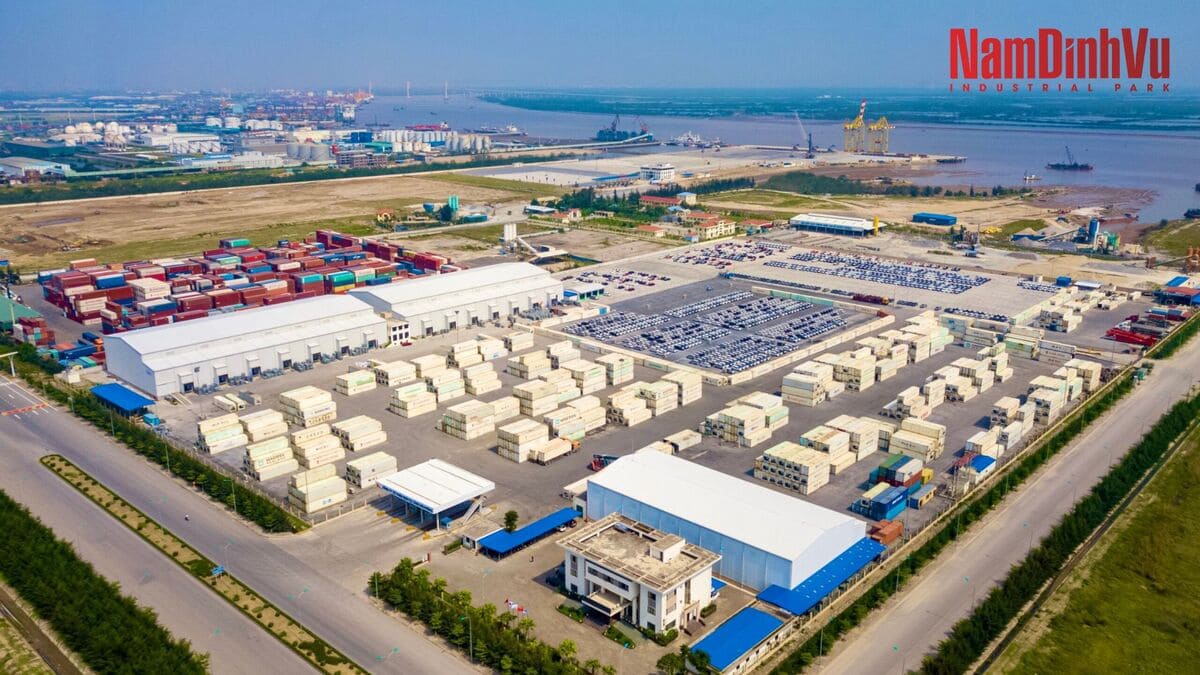vietnam industrial zones
In recent years, the global shift towards sustainable development has had a significant impact on industrial practices across various countries. Vietnam, with its rapidly growing industrial sector, is embracing Environmental, Social, and Governance (ESG) principles as a means to promote sustainability and attract global investors. This article provides a broad overview of ESG trends in Vietnam’s industrial zones and their role in fostering sustainable growth.
ESG Trends in Vietnam’s Industrial Zones
Vietnam’s industrial zones are undergoing a transformation as they increasingly adopt ESG practices to align with global sustainability standards. Environmental concerns, such as air and water pollution, waste management, and carbon emissions, have driven the country to focus on cleaner production processes and resource efficiency. This shift is not only essential for reducing environmental damage but also supports the country’s goals to meet international climate agreements.
On the social front, industrial zones are focusing on improving working conditions, ensuring labor rights, and contributing to local communities. Governance in these zones is also improving, with enhanced transparency, anti-corruption measures, and ethical business practices taking center stage. These changes are being driven by both the Vietnamese government’s regulatory framework and the growing demand from international businesses for sustainable and responsible investment opportunities.
Government Policies Supporting ESG Integration
The Vietnamese government has taken crucial steps to encourage ESG practices within industrial zones. For example, Decree No. 35/2022/ND-CP outlines regulations for the development of ecological industrial zones, emphasizing the importance of cleaner production, resource conservation, and environmental protection. This is part of Vietnam’s broader green economic development strategy, which aims to reduce carbon emissions and increase the use of renewable energy in industrial operations.
Vietnam is also working towards creating a more transparent and efficient regulatory environment, which helps businesses incorporate ESG principles into their operations. Additionally, various incentive programs are in place to support businesses that make the shift towards greener technologies and sustainable practices.
Challenges and the Future of ESG in Vietnam Industrial Zones
Despite the progress, several challenges remain in fully implementing ESG principles across all industrial zones in Vietnam. Many zones still face issues such as inadequate infrastructure for waste management, high energy consumption, and limited access to sustainable technologies. Furthermore, there is a need for more awareness and training among local businesses about the long-term benefits of ESG adoption.

Nevertheless, the future of ESG in Vietnam’s industrial zones looks promising. The growing commitment to sustainability, backed by both government policies and international investors, is likely to accelerate the adoption of ESG principles. As more businesses in Vietnam embrace ESG practices, the industrial sector will play a crucial role in the country’s transition to a sustainable, low-carbon economy.
By embracing ESG trends, Vietnam’s industrial zones are not only contributing to global sustainability efforts but also enhancing their competitiveness in an increasingly eco-conscious global market. The continued development of these zones, supported by government policies and international collaboration, will likely serve as a model for other nations looking to transition to greener, more sustainable industrial practices.
Source: ESG Edu
